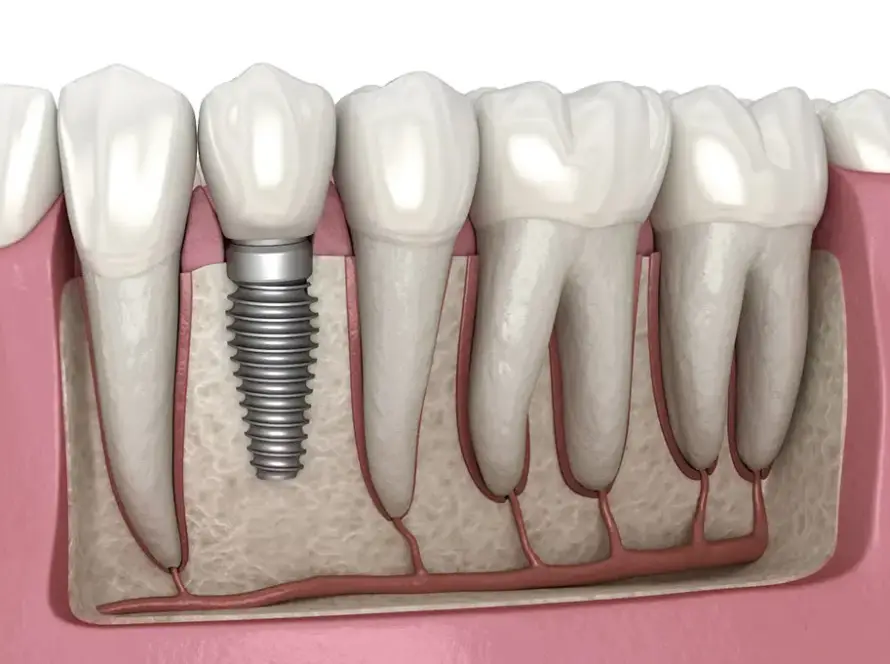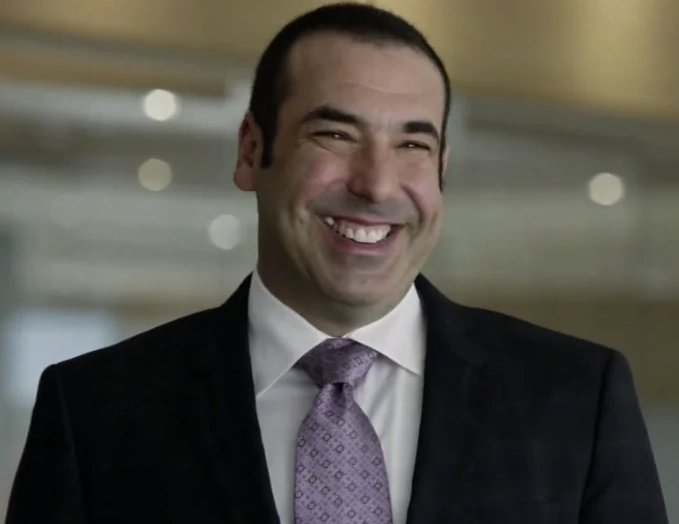Dental Implant Failures: What Smart Patients Should Ask Before Choosing a Clinic
Dental implants have revolutionized modern dentistry, offering patients a durable, natural-looking solution for missing teeth. However, while implant success rates are high when done correctly, implant failures are still a growing concern in 2025 — especially among patients who choose clinics without proper research. The good news? Implant failure is largely preventable if you know the right questions to ask before starting treatment. Here’s what smart patients should demand to know — and why these questions matter more than ever.What Is the Clinic’s Implant Success Rate — and How Is It Measured?
Any reputable dental clinic should have clear, published implant success rates based on verifiable clinical data, not marketing claims. A strong success rate typically falls between 95% and 98% over five years, depending on patient health and complexity of cases. What to look for:- Is their success rate based on follow-ups of at least three to five years?
- Do they differentiate between short-term “placement” success and long-term integration?
- Are their statistics verified by third-party audits or professional associations?
Which Implant Systems and Materials Are Used?
Not all dental implants are created equal. Many low-cost clinics use generic or outdated implant systems to cut costs, leading to higher failure rates. What to look for:- Is the clinic using internationally recognized implant brands like Straumann, Nobel Biocare, or Dentsply Sirona?
- Are the implants made from medical-grade titanium or high-performance zirconia?
- Does the clinic tailor implant selection based on your bone density and personal needs?
How Thorough Is the Diagnostic and Planning Process?
Poor diagnostics are one of the leading causes of implant failures. Relying solely on 2D x-rays or superficial assessments can miss critical factors such as bone density, nerve proximity, and sinus positioning. What to look for:- Does the clinic perform 3D CBCT scans (Cone Beam Computed Tomography)?
- Do they offer digital planning with computer-guided surgery?
- Is there a personalized risk assessment based on your medical history (e.g., smoking, diabetes, bone conditions)?
What Is the Protocol for Bone Grafting and Sinus Lifts?
Implants placed into insufficient bone are highly prone to failure. A quality clinic will never proceed without first ensuring the bone structure can support the implant safely. What to look for:- Does the clinic offer bone augmentation, sinus lifts, or ridge preservation if needed?
- Are graft materials high-quality and properly sourced?
- Is bone health reassessed before final implant placement?
How Is Infection Prevention Managed During Surgery?
Implant failure can result from poor sterile practices and post-operative infections. This is especially critical for dental tourists who undergo surgery in unfamiliar environments. What to look for:- Is the clinic operating with strict sterilization protocols according to international standards?
- Are implant surgeries conducted in isolated, surgically sterile rooms?
- Is antibiotic prophylaxis provided appropriately?
What Aftercare and Warranty Programs Are Offered?
Even the best implants require proper maintenance and follow-up care. Clinics that abandon patients after treatment expose them to unnecessary risks. What to look for:- Does the clinic offer structured follow-up appointments, even remotely?
- Are implant treatments covered by written, clear warranty policies?
- Is professional cleaning and maintenance guidance provided?















